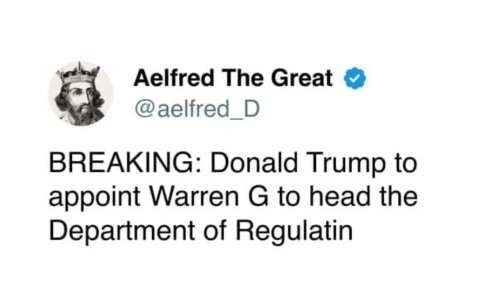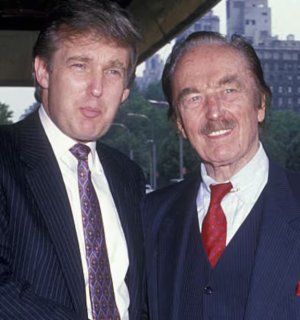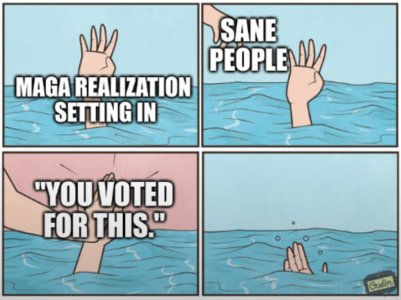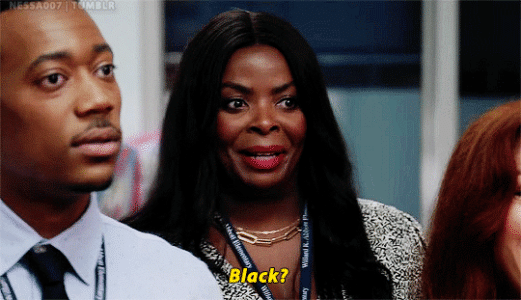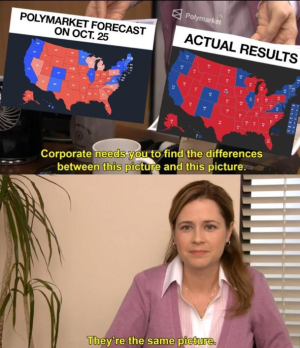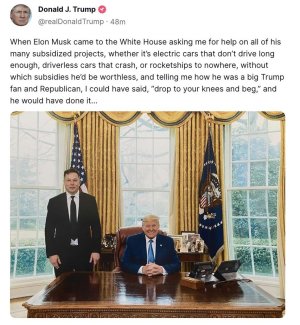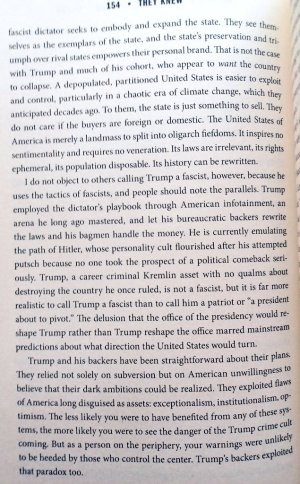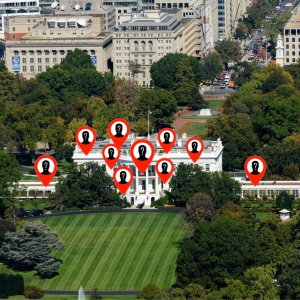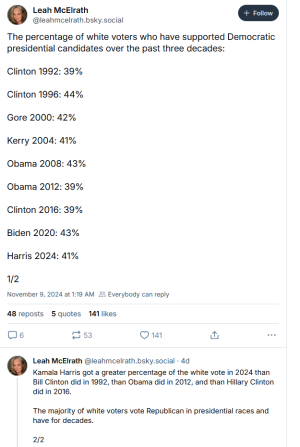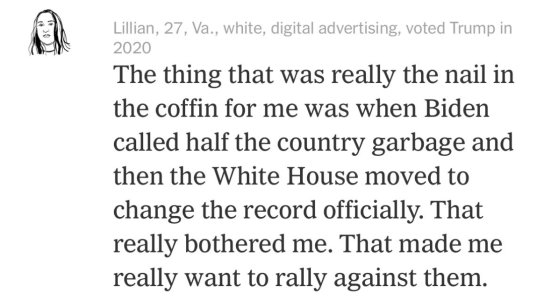Prosecutors from special counsel Robert Mueller’s office are seeking to delay the first court hearing in a criminal case charging three Russian companies and 13 Russian citizens with using social media and other means to foment strife among Americans in advance of the 2016 U.S. presidential election.
The 13 people charged in the high-profile indictment in February are considered unlikely to ever appear in a U.S. court. The three businesses accused of facilitating the alleged Russian troll farm operation — the Internet Research Agency, Concord Management and Consulting, and Concord Catering — were also expected to simply ignore the American criminal proceedings.
Last month, however, a pair of Washington-area lawyers suddenly surfaced in the case, notifying the court that they represent Concord Management.
POLITICO reported at the time that the move appeared to be a bid to force Mueller’s team to turn over relevant evidence to the Russian firm and perhaps even to bait prosecutors into an embarrassing dismissal in order to avoid disclosing sensitive information.
On Friday, Mueller’s prosecutors disclosed that Concord’s attorneys, Eric Dubelier and Kate Seikaly, had made a slew of discovery requests demanding nonpublic details about the case and the investigation. Prosecutors also asked a judge to postpone the formal arraignment of Concord Management set for next week.
The prosecution team sought the delay on the grounds that it’s unclear whether Concord Management formally accepted the court summons related to the case. Mueller’s prosecutors also revealed that they tried to deliver the summonses for Concord and IRA through the Russian government, without success.
“The [U.S.] government has attempted service of the summonses by delivering copies of them to the Office of the Prosecutor General of Russia, to be delivered to the defendants,” prosecutors wrote. “That office, however, declined to accept the summonses. The government has submitted service requests to the Russian government pursuant to a mutual legal assistance treaty. To the government’s knowledge, no further steps have been taken within Russia to effectuate service.”
Mueller’s team sent a copy of the formal summons to Dubelier and Seikaly and asked them to accept it on behalf of Concord Management, but Dubelier wrote back on Monday saying that the government’s attempt to serve the summons was defective under court rules. He did not elaborate.
Dubelier did not respond to a message seeking comment for this article.
In their request on Friday to put off the arraignment, prosecutors
included the extensive requests for information that the lawyers for Concord Management have set forth since they stepped forward last month.
“Until the Court has an opportunity to determine if Concord was properly served, it would be inadvisable to conduct an initial appearance and arraignment at which important rights will be communicated and a plea entertained,” attorneys Jeannie Rhee, Rush Atkinson and Ryan Dickey wrote. “That is especially true in the context of this case, which involves a foreign corporate defendant, controlled by another, individual foreign defendant, that has already demanded production of sensitive intelligence gathering, national security, and foreign affairs information.”
The Mueller team proposed that both sides file briefs on the issues of whether Concord has been properly served, with the government filing on May 25 and Concord’s lawyers weighing in by June 15.
Judge Dabney Friedrich, a Trump appointee, didn’t immediately rule on that proposal or put off the arraignment. She did issue a brief order telling Concord’s attorneys to respond to the government’s filing by Monday.
The indictment, obtained by Mueller but announced by Deputy Attorney General Rod Rosenstein, accused the defendants of mounting an “information warfare” operation in connection with the 2016 election. The IRA, long suspected of ties to the Kremlin, allegedly used social media, email and other means to manipulate “unwitting” American citizens and Trump campaign officials into protests, demonstrations and the recirculation of media messages. Most of the interventions were intended to benefit Trump or demean his Democratic opponent, Hillary Clinton, the indictment alleged.















